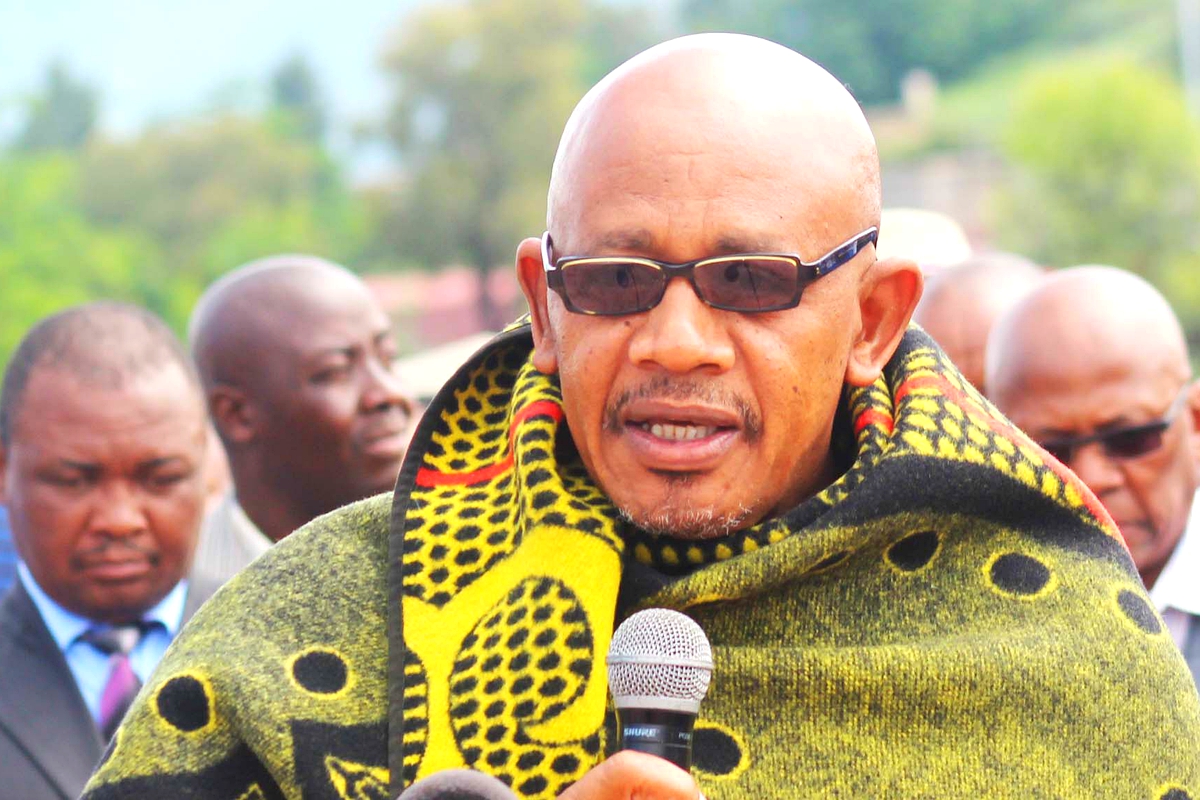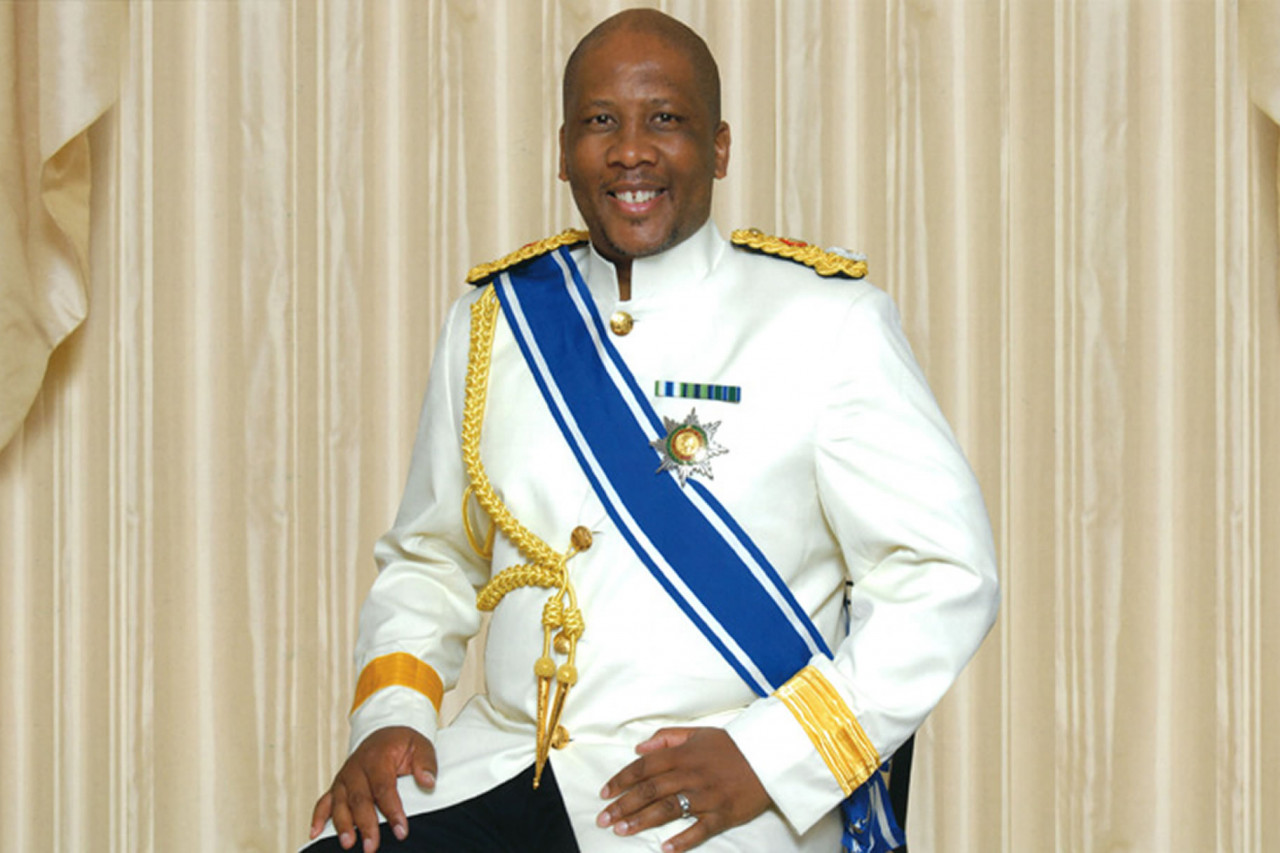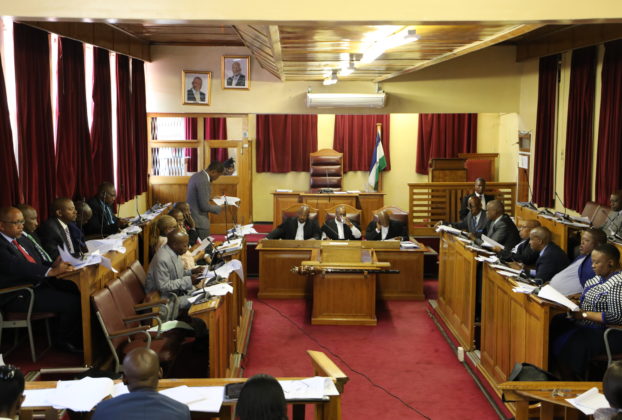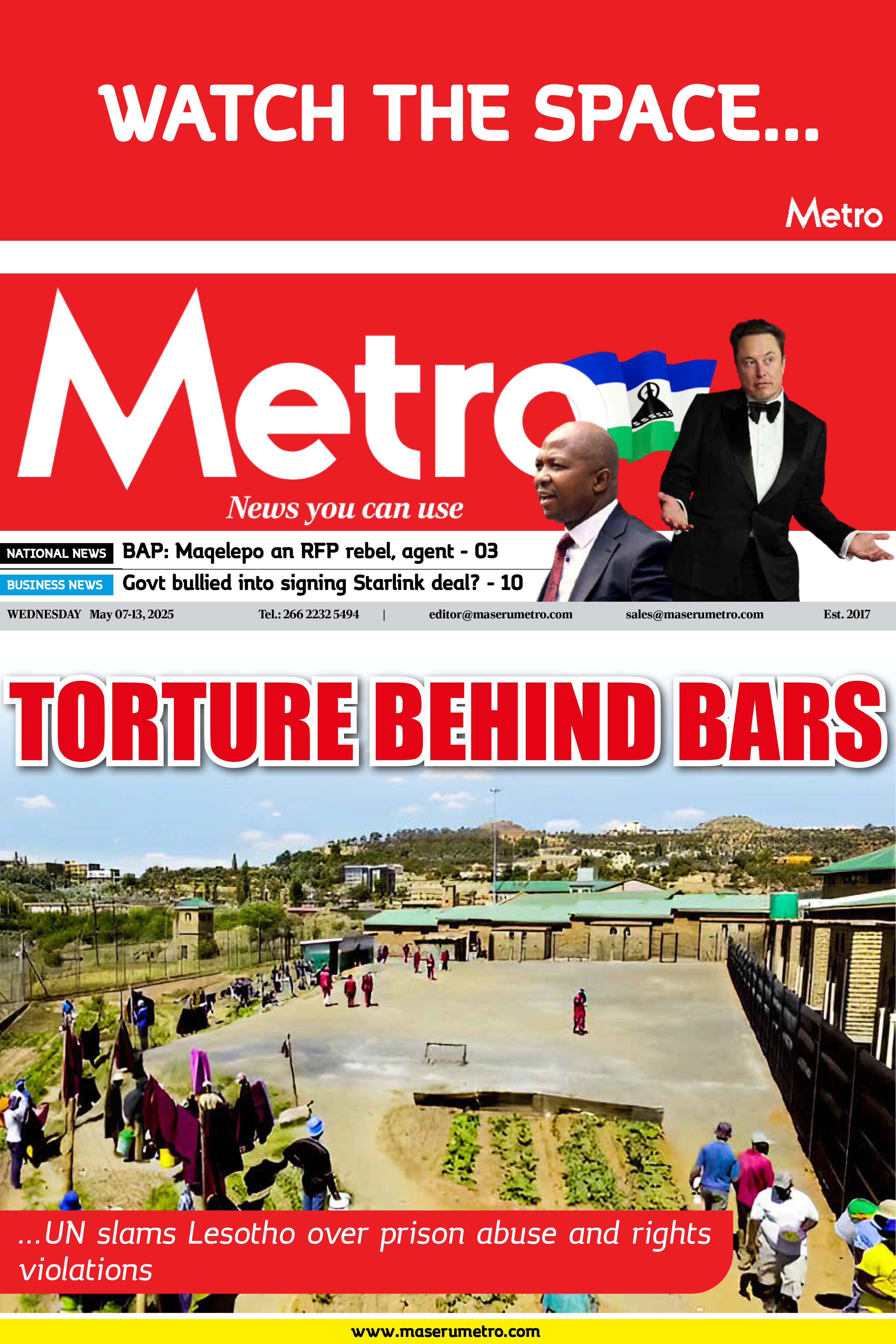Lesotho Senators, comprised mainly of principal chiefs of the kingdom, have called for a restoration of the office of Paramount Chief within the political set up of the country’s administration.
politics
Aug. 29, 2022
METRO REPORTERS AND LENA
3 min read
Senators demand office of Paramount Chief

- The Principal Chief of Thaba-Bosiu Chief Khoabane Theko
Story highlights
The senators have raised a concern that the absence of the office of Paramount Chief means that their concerns and grievances are easily neglected and have been neglected over the years.
The last Paramount Chief of Lesotho was the late Bereng Seeiso until he was throned as King in 1966 and became King Moshoeshoe II when Lesotho gained full autonomy from Britain.
Prior to him becoming the Paramount Chief, 'Mantšebo Amelia 'Matšaba, his step mother, was the Paramount Chief until 1940 before becoming the regent for her step son. She retained the regency for over 19 years, and reported to have laid the foundations for Lesotho's current constitutional monarchy.
The Principal Chief of Thaba-Bosiu, Chief Khoabane Theko, arguing for the restoration of the new structure, suggested that the office of the Paramount Chief would assist in the coordination of the office of the King and College of Chiefs with those of the government and adjudicate and assume any other administrative duties conferred by the constitution and Act of Parliament.
He said the Paramount Chief should also assist the King in the performance and discharge of the chieftainship functions and duties, coordinate chieftainship institutions, but without prejudice to any Act of Parliament.
Besides that, he mentioned that the Paramount Chief would exercise any powers over Principal Chiefs in line with the constitution, preside over all meetings of the college of chiefs, recommend the appropriate action to the Ministry responsible for chieftainship.
In response to whether they wanted out of the Ministry of Local Government, Chief of Kueneng Chief Peete Lesaoana Peete explained that they did not want out of the Ministry, but they wanted to have where they could specifically belong as traditional chiefs.
He said being under the ministry sometimes was not working for them because it took forever for some of their concerns and grievances to be attended to therefore, they were hopeful that if this office (paramount chief) could be functional that would be of great help to them.

King Letsie III is the constitutional head of the monarch and head of state
Enjoy our daily newsletter from today
Access exclusive newsletters, along with previews of new media releases.

The Senate, upper house of parliament, in session
They argued that the desired new structure would now attempt to restore the past, and where necessary modernise the governance structure of the Chieftaincy to make it more effective, relevant and democratic, saying the vital role previously played by Paramount Chiefs, contributed immensely to Lesotho's stability.
Some Senators arguing for the paramount chief office have cited Botswana as an example where paramount Chieftaincy has successfully been integrated into a modern democratic dispensation.
Although there are historical different explanations of what Paramount Chief and King mean, according to Wikipedia, during the Queen Victoria era, paramount chief was a formal title created by British colonial administrators in the British Empire and applied in Britain's colonies in Asia and Africa. They used it as a substitute for the word “King” to ensure that only the British monarch held that title. Since the title "chief" was already used in terms of district and town administrators, the addition of “paramount” was made so as to distinguish between the ruling monarch and the local aristocracy.
In the current Lesotho’s political setting, the Paramount Chief would refer to a hereditary leader of a group of people with a common origin, overseeing the affairs of leaders of lower level based on race or place of residence such as a those belonging to a particular tribe or living in one village, while “king” refers to a ruler of a country as a constitutional head of monarchy.
Tailored for you



